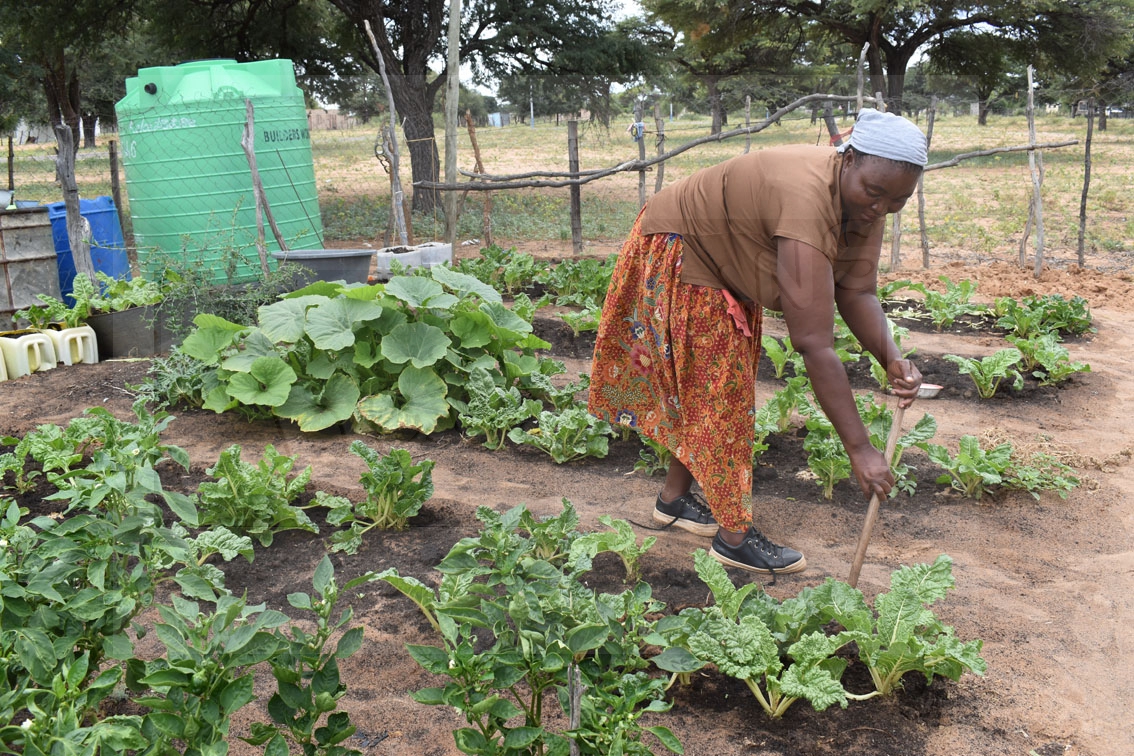Inflation on slight increase - Dekop
09 Dec 2024
Headline inflation has increased slightly from 1.5 per cent in September to 1.6 per cent in October 2024, remaining below the lower bound of the medium-term objective range of 3 – 6 per cent.
Addressing the media during a recent Bank of Botswana Monetary Policy Committee (MPC) meeting, BoB governor, Mr Cornelius Dekop said the marginal increase in inflation was mainly due to the broad-based increase in food prices.
He said the Monetary Policy Committee forecasted inflation to remain low into the medium term, averaging 2.9 per cent in 2024, 3.3 per cent in 2025 and 4.9 per cent in 2026.
“The MPC observes that inflation could be lower than projected due to subdued domestic and global economic activity, limited fiscal space and the potential fall in international oil prices beyond current forecasts,” he said.
He, however, said inflation could be higher than projected if international commodity prices were to increase above current forecasts and supply as well as logistical constraints in the global value chains persist. “The inflation outcomes could also be affected by possible changes in administered prices not factored in the current projection,” he said.
Mr Dekop said the economy was expected to operate below full capacity in the short term and recover marginally in the medium term. This, he said should not generate demand-driven inflationary pressures, adding that inflation was forecast to remain within the objective range in the medium term.
Similarly, he said businesses expected inflation to be within the medium-term objective range, suggesting that inflation expectations were well anchored.
Given the current economic conditions and the outlook for both domestic and external economic activity, he said the MPC observed that market liquidity in the banking system had declined considerably, thereby constraining desired impact of the current accommodative monetary policy stance.
It is against this background that the BoB thus maintained the Monetary Policy Rate (MoPR) at 1.9 per cent but reduced the Primary Reserve Requirement (PRR) from 2.5 per cent to 0 per cent.
“The PRR is a monetary policy tool used to manage structural liquidity by way of requiring banks to hold a proportion of their deposits at the central bank. Therefore, the PRR can be reduced in instances where there is structural shortage in liquidity and vice versa, when there is structural excess liquidity,” he said. With regard to economic environment, Mr Dekop indicated that real Gross Domestic Product (GDP) declined by 0.5 per cent in the second quarter of 2024, compared to a growth of 3.3 per cent in the corresponding quarter in 2023.
He said this decline followed a 5.3 per cent contraction in the first quarter of 2024, indicating that the economy was in a recession. He thus attributed the contraction in economic activity to weaker performance of the non-mining sectors and the impact of lower external demand for mining sector output especially diamonds.
“As a result, export earnings have declined, limiting government spending and impacting overall economic activity but the economic activity nonetheless remained restrained in the second half of 2024,”he said. Ends
Source : BOPA
Author : Thato Mosinyi
Location : Gaborone
Event : Meeting
Date : 09 Dec 2024






